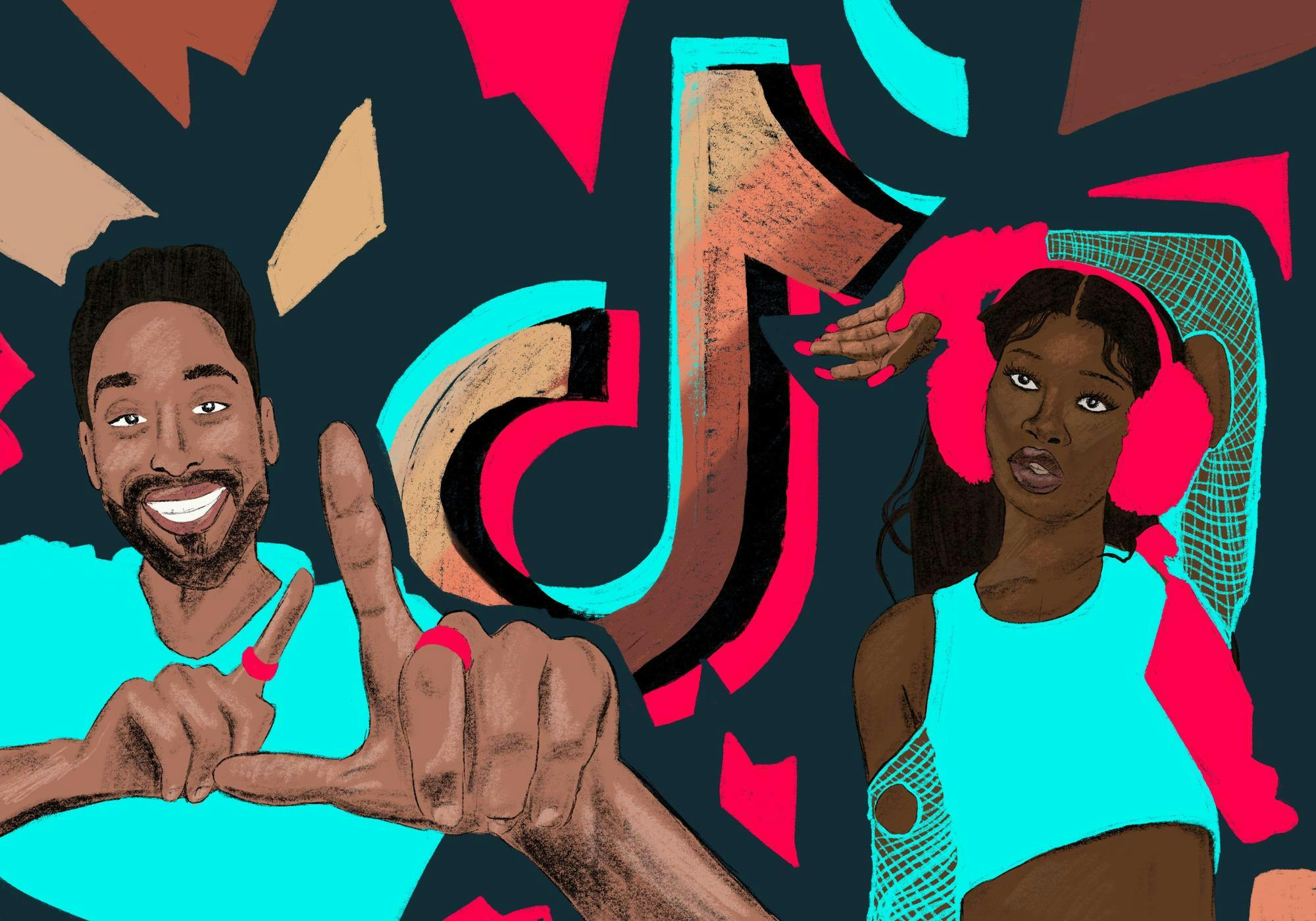Throughout November, TikTok influencer Prayag Mishra has become a prominent figure of what has become known as the “sassy man apocalypse” on social media.
“Sassy men are up?” Prayag said in an Oct. 4 TikTok post. “We’ve been up. We’ve been expressing our feelings; we never care. I just want to push it even further.”
In an affront to traditional masculine posts and behaviors, influencers like Mishra have amassed millions of followers by engaging in "feminine" trends.
Neuroscience sophomore Liliana Ribusovski said Mishra stood out on her social media feed for calling his followers "pookie bears" and popularizing the catchphrase, "It's the way you act."
"I love his little mannerisms and his finger dance," she said, mimicking Mishra by moving her hands back and forth in a framing motion.
Ribusovski said she feels connected to influencers like Mishra because of his relatable rhetoric and inviting vibe.
“It’s kind of like something that I would say to my friends,” she said.
Now, Ribusovski said she uses the phrase “sassy man apocalypse” all the time.
“It’s usually used with stereotypical traits that are feminine, like using certain words,” Ribusovski said. “I’ll say it to a guy if I say something … and they’re like, ‘Slay.’ Like, giving attitude.”
Ribusovski follows another influencer: Jake Shane. Like Mishra, Shane’s content combats men’s toxic behaviors online.
“It can show that you don’t have to act a certain way,” she said.
Human biology freshman Isha Alsam was introduced to Mishra by her sister. Though she doesn't know much about him, she "loves" and "supports" him.
"He confused me at the beginning, but it made me laugh a lot," Aslam said. "His (attitude) just kind of stuck with me.”
Prayag is unlike any influencer Aslam has seen.
“He’s just different; he’s unpredictable,” Aslam said. “Anytime he has some new video, it’s just kind of random. It’s funny.”
Aslam said she feels culturally represented by Mishra.
“As a brown person myself, we’re very silly, and I love seeing that one side in brown men,” she said. “There needs to be more of that.”
Aslam said she has never seen online presence of her cultural community until Mishra rose in popularity.
“I’m like, ‘My own race, where are we?’" Aslam said. “It’s crazy that other races know about (Mishra).”
According to DataReportal, although the majority of TikTok's top influencers are white, South Asian countries like Singapore and Indonesia are seeing the highest user growth rates.
Support student media!
Please consider donating to The State News and help fund the future of journalism.
When psychology sophomore Rachel Blanchard first saw Mishra, she respected him for his confidence.
“(He) is more than not afraid to express any (sassy) traits,” Blanchard said. “He stands for being, like, confident in yourself and not worrying about perception of how men should act.”
Blanchard added she has a sassy friend like Mishra.
“He’s not afraid to express any feminine traits and just authentic,” she said. “It can be seen as sassy. It can be seen as confident.”
While Blanchard has seen a lot of backlash from commenters calling him “annoying” and “unfunny," she disagrees.
“He’s not annoying,” she said. “He incorporates social media trends into his own voice. It’s just authentically him.”
Discussion
Share and discuss “TikTok influencers, toxic masculinity and representation: MSU students discuss ” on social media.







